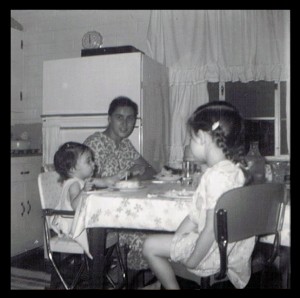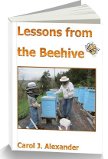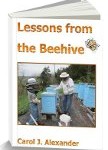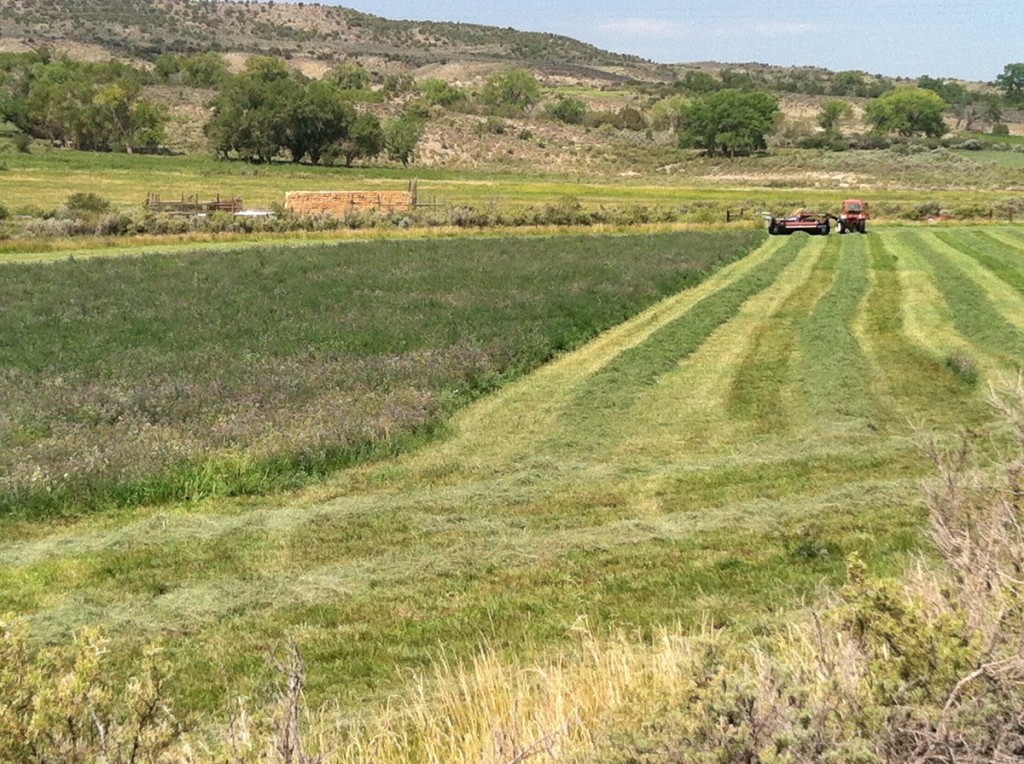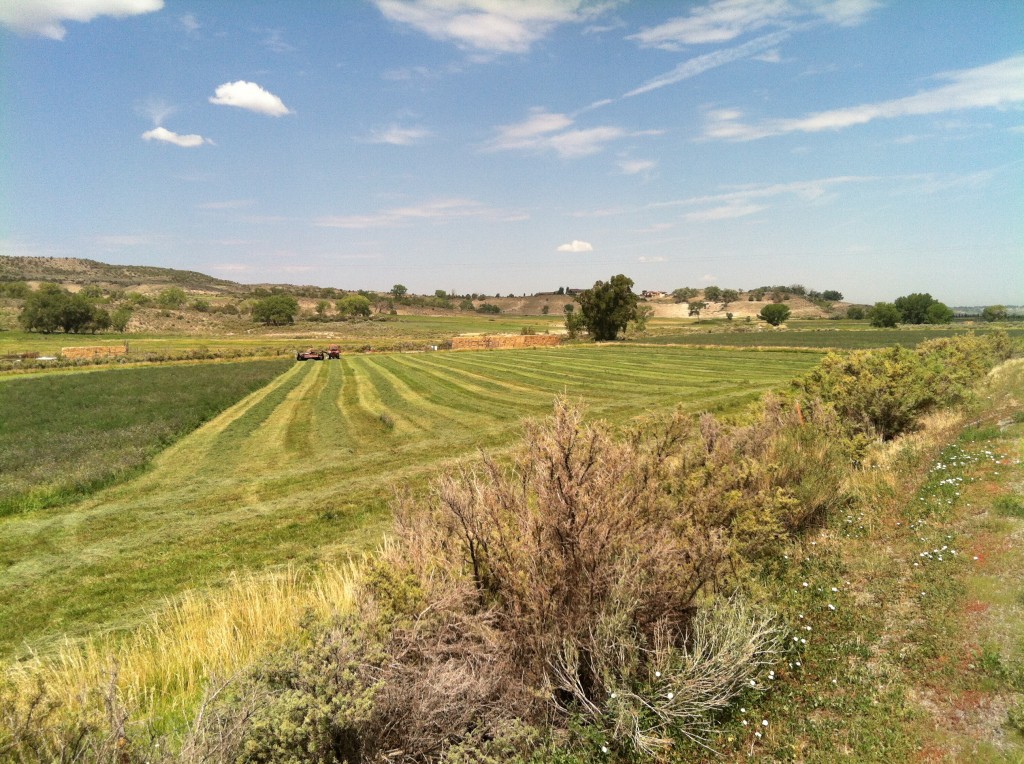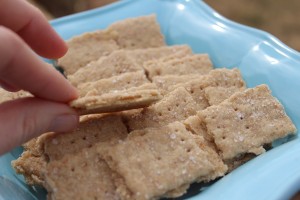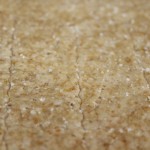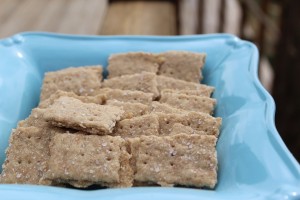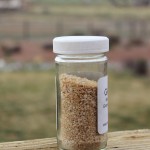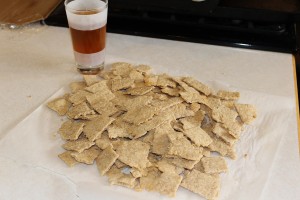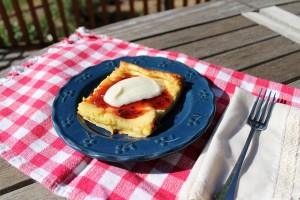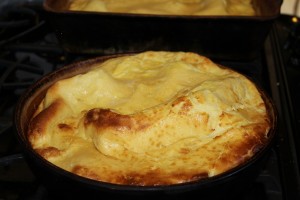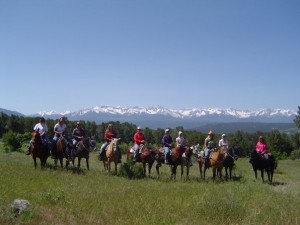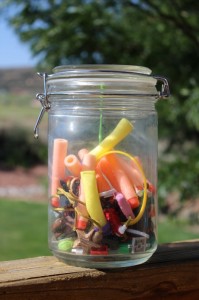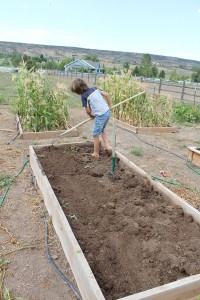The Urban Homemaker is epitomized in my own mother. I took it for granted, as a child, and foolishly thought most homes were like mine, with a mother who cooked supper every night, baked the best cookies and cinnamon rolls, and actually said she liked doing laundry and ironing! I did wonder at times why some of my elementary classmates hounded me to trade my lunch for theirs. 🙂
Mom became an urban homemaker when she and Dad married and settled in a big city out West (where her asthma was supposed to be better), far from their families, and the rural lifestyle in the East where they were both born and raised. Despite being raised in a large family, in the country, my mom says she wasn’t much of a cook when she got married. By the time my sisters and I came along though, as far back as my memory serves me, Mom’s food was wonderful! My dad would take us all out “for dinner” (39 cent hamburgers and French fries) once every two weeks when he got his paycheck, so Mom had ample time and experience to hone her cooking skills. She made food from “scratch” as it was less expensive than the boxed variety. She did not own fancy cooking tools, or even a dishwasher (my dad said he had four dishwashers and didn’t need any more)! After our outing at the burger joint, we would go to the grocery store – Dad would hand Mom $40 cash, and she would buy two weeks worth of groceries while the rest of us waited in the station wagon, listening to the radio and enjoying our time with Dad.
So… times have changed, yes. We have been liberated and don’t have to do the mundane cooking and cleaning that was once a natural, necessary task for us. It’s become easy, acceptable, and excusable to let the restaurant chains feed us more often than we cook. Losing the art and skills of homemaking has cost us more than just monetarily; it has deprived us of our innate ability to nurture our families, and it has led to a nation of many unhealthy people.
In a review in Eating Well magazine of Michael Pollan’s latest book, Cooked:A Natural History of Transformation, Pollan says, “Cooking is key to changing our health and the environment.” When asked about a person who just doesn’t have time to cook, Pollan replies, “Well, that same person has an hour for yoga or surfing the Web. We put pressure on the kitchen to save 10 minutes to do something else. I’m just arguing that it’s important – for your health, your family life and your sanity”.
I am truly grateful for my mother and for her beautiful portrayal of homemaking. We don’t all have a mother like mine, but we can all be inspired to learn and grow, and transform the way we look at the task before us of raising a healthy family.
So…what’s for dinner? 🙂

